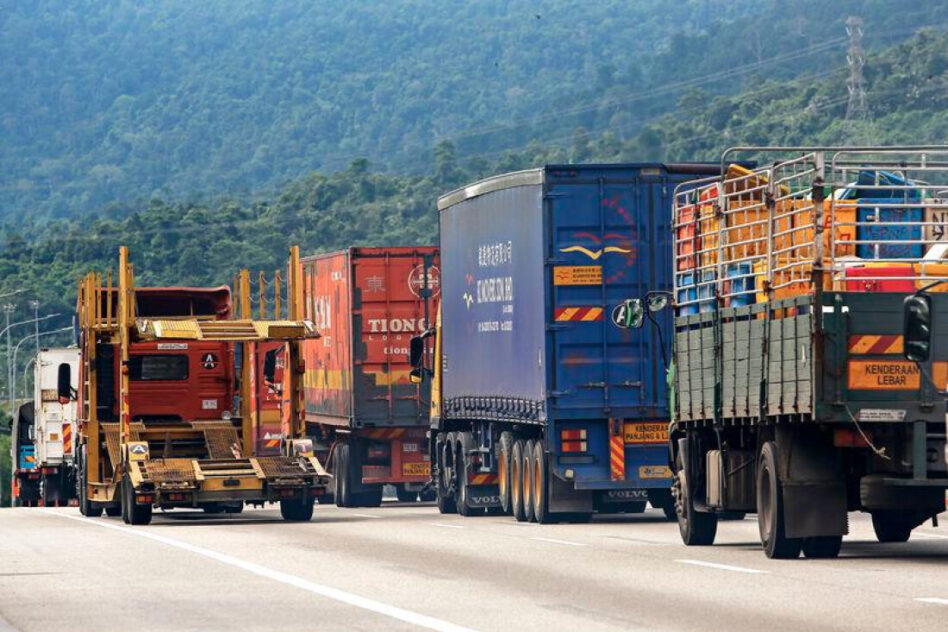THE Energy Asia 2025 conference wrapped up with a clear message: Asia must take the driver’s seat in shaping a pragmatic and inclusive energy transition.
With regional energy demand expected to surge, the continent faces the dual challenge of decarbonising without sacrificing economic growth.
The event underscored that for Asia, energy security and affordability cannot be compromised in pursuit of net-zero goals.
Central to the discussions were collaborative strategies, investment commitments, and emerging technologies such as AI and carbon capture.
Malaysia, playing a key role as ASEAN Chair 2025, showcased substantial progress through initiatives like the National Energy Transition Roadmap (NETR), and through regional partnerships spearheaded by Petronas.
Key projects included expanding LNG regasification capacity, developing CO₂ carriers, and deepening energy ties with Korea, Japan, and the US.
The conference highlighted how cleaner fossil fuel use, such as LNG, will remain vital in the short-to-medium term, supported by innovations in hydrogen and CCUS.
Notably, Petronas launched the Petronas Energy Transition Academy (P-ETA) to bridge the green talent gap, while collaborations like the Blue Carbon Collective reflected growing interest in nature-based climate solutions.
But ambition is not enough—execution is now critical. The report emphasized moving beyond MoUs to real project implementation, infrastructure development, and regulatory harmonization.
Financing emerged as a key hurdle, with calls for stronger public-private partnerships, blended finance models, and deeper green capital markets.
Europe’s experience offered instructive parallels, showing how regional interconnectivity, joint procurement, and CCS networks can work—albeit with complex coordination. Asia can take cues while tailoring solutions to its own socio-economic realities.
Looking ahead, action plans must include accelerating technology adoption, expanding carbon markets, and ensuring a just transition that benefits all.
Malaysia appears well-positioned, having launched or committed to policies on climate change, circular economy, energy efficiency, and digitalisation of the energy sector.
Energy Asia 2025 did not just set the agenda—it demanded measurable progress. With Asia pivotal to global net-zero goals, the region must balance idealism with practicality.
The takeaway is clear: decarbonisation must not come at the cost of development—but with innovation, cooperation, and sustained investment, both goals are within reach. —June 6, 2025
Main image: Baker Institute








